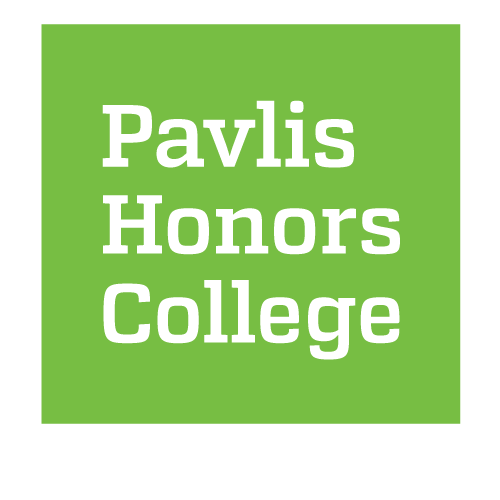"It's an honors college without a GPA requirement. Is that even an honors college?"
"They don't offer advanced in-major classes. And other than the seminar classes, the deliverables are different for every person. How does that show that you're the best?"
We know we're different than other honors colleges. Here's why we do it our way:
Which would you rather be: someone who accepts external formulas without question and applies them in decision-making, or someone who determines their own compass and makes judgments about which framework to use?
If you're a hiring manager, who would you rather employ: someone with a few extra advanced-level classes in a specific field (which may have an expiration date as technologies rapidly change)? Or someone with a demonstrated ability to continuously learn, adapt, self-manage, and lead (which could shape your company for years to come)?
We're less concerned with advanced in-major honors courses because we're lucky—we're at Michigan Tech. With our 94% five-year placement rate and $82,400 median early career pay, a Michigan Tech graduate is ready for day one in the workforce. So we focus on skills that will matter after day one. A lifelong toolkit that will help you make decisions, lead when it matters, and keep charting your own pathway—personally and professionally.
College is an opportunity for growth, inside and outside the classroom. In Pavlis, we encourage you to embrace challenging opportunities and reflect on them. We’ve designed our program using the principles of self-authorship, an educational theory about how adults develop.




